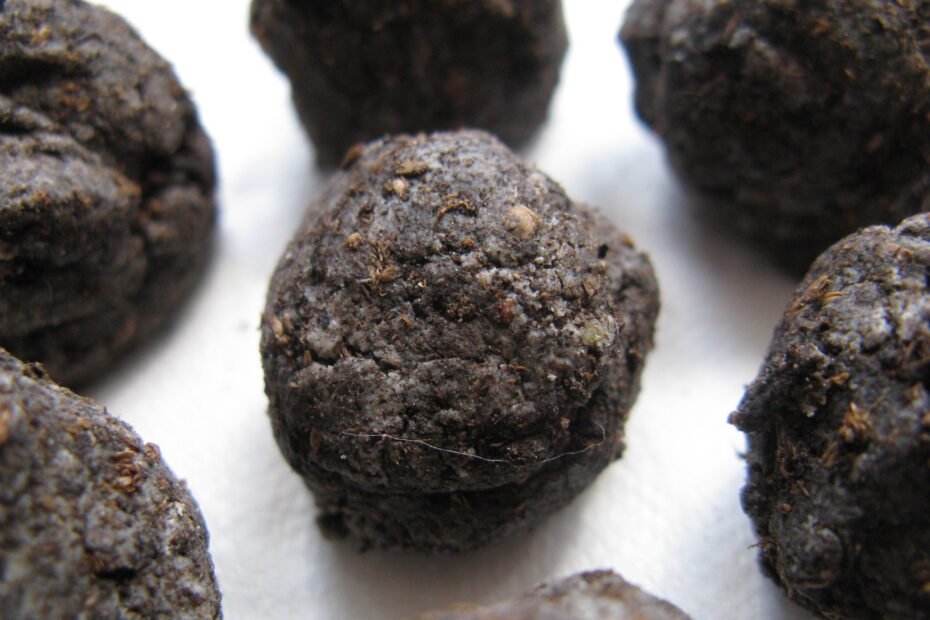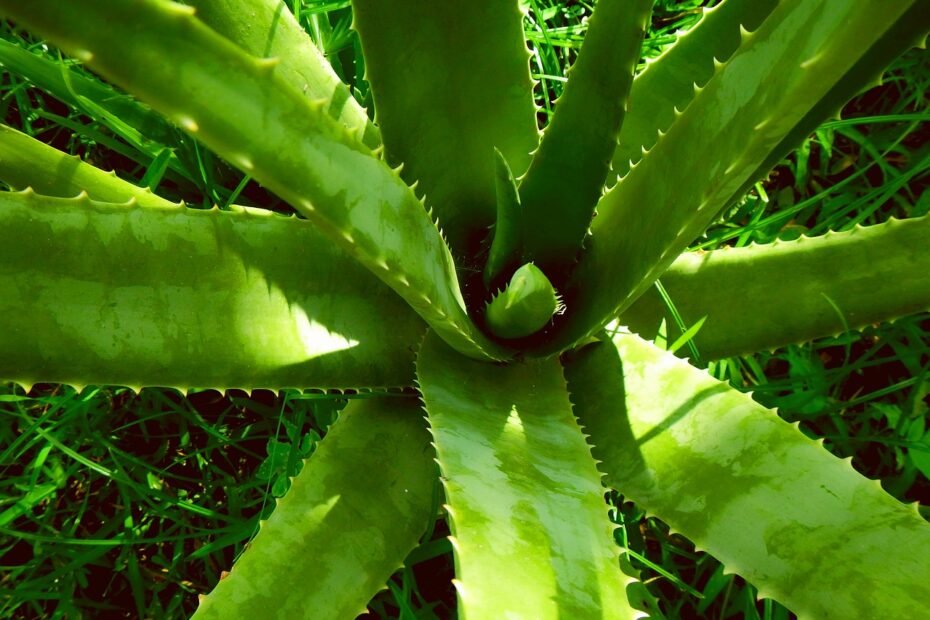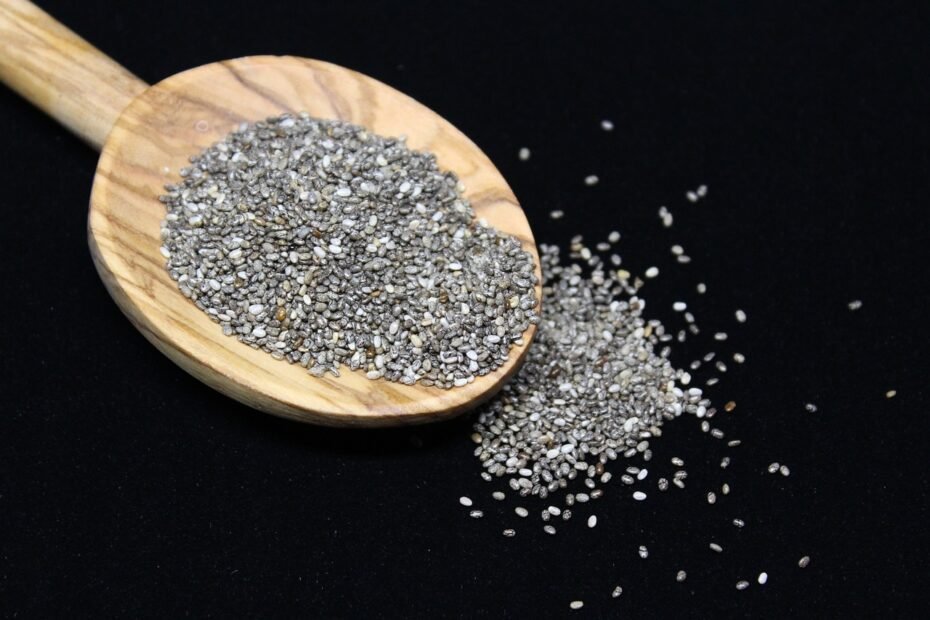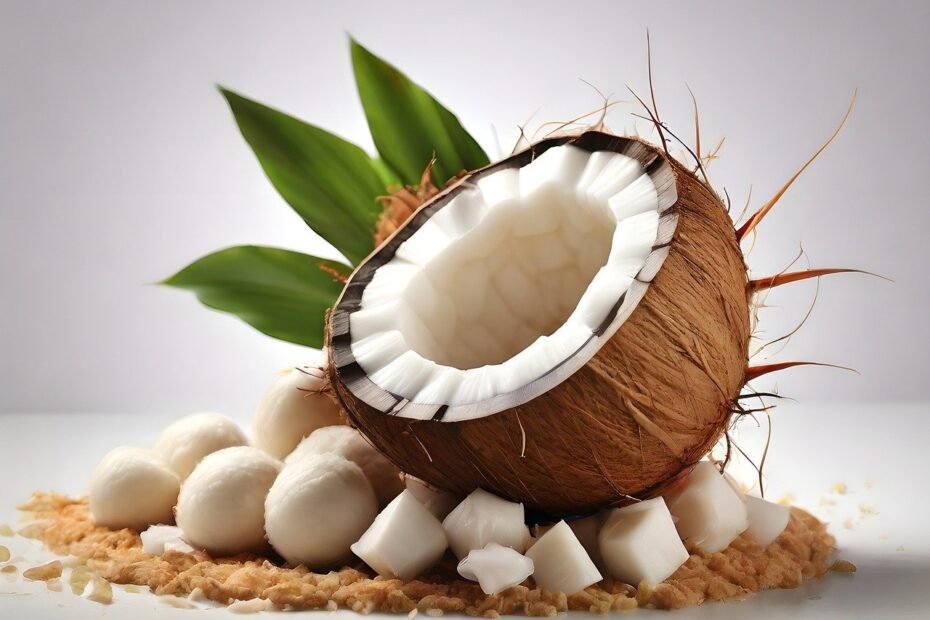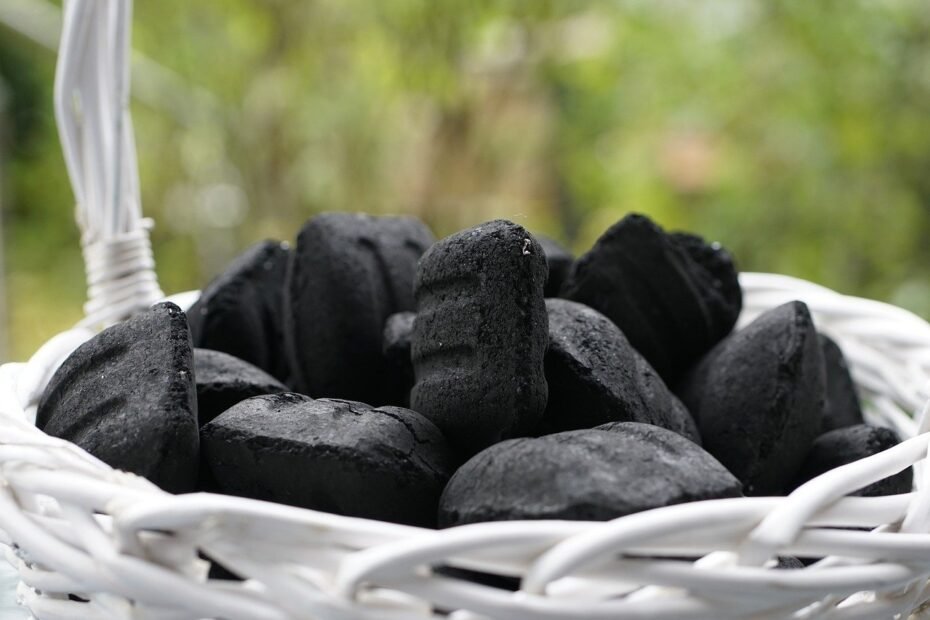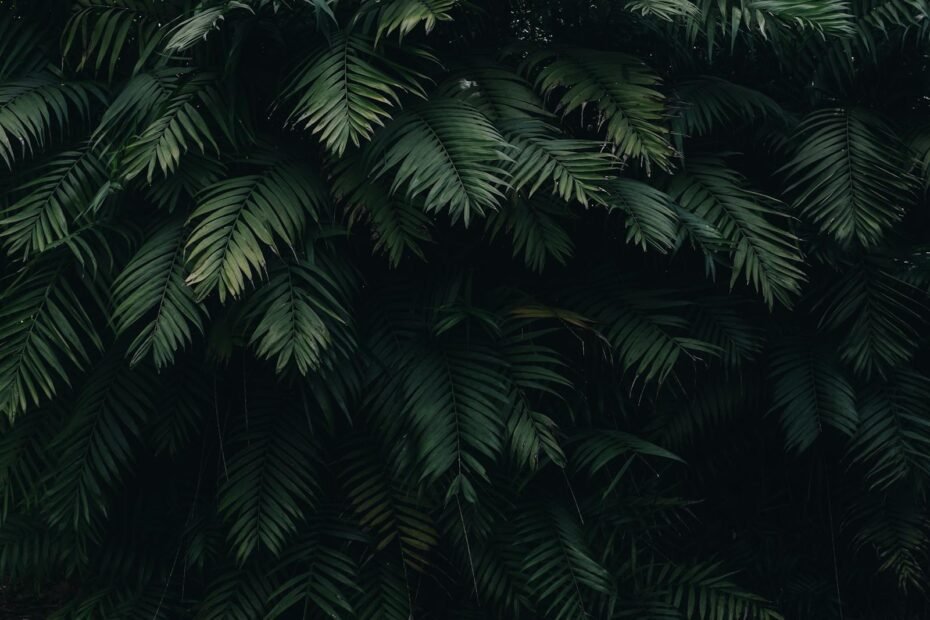Bentonite clay is a popular natural remedy used for centuries. People claim it has all sorts of benefits, from detoxing the body to improving skin health. But, like any other product, it can also have side effects. If you’re curious about what bentonite clay can do to you, especially the not-so-good things, keep reading.
Gastrointestinal Issues
Many folks ingest bentonite clay hoping to get rid of toxins from their bodies. While it might work for some, others might find themselves dealing with stomach problems. Here’s how:
- Constipation: Bentonite clay is like a sponge, soaking up a lot of moisture. When you eat it, it could soak up too much water from your food and digestive tract, making it hard for you to go to the bathroom.
- Stomach Cramps: Because it can clump together, bentonite clay might create blockages in your stomach or intestines, making things pretty uncomfortable.
- Nausea: Some people feel queasy after taking bentonite clay. This could be because of the way it clumps together or because it’s just hard for their stomach to handle.
Metal Contamination
Bentonite clay can naturally have metals like lead and arsenic in it. While the amounts are usually small, they can add up, especially if you use the clay often. Here’s what could happen:
- Lead Poisoning: Over time, even tiny amounts of lead can build up in your body. This could make you feel tired, irritable, or even cause more serious health problems like kidney damage.
- Arsenic Exposure: Similarly, too much arsenic can lead to health issues. If you use bentonite clay a lot, you might start to feel symptoms like stomach pain, skin changes, or even more severe effects in the long run.
Skin Reactions
Many people love using bentonite clay for their skin, thinking it will help with acne or other skin issues. While it might do that for some, others could have a different experience:
- Dry Skin: Bentonite clay can absorb oils and moisture from your skin. If you have dry skin to begin with, using it might make your skin even drier and flaky.
- Redness and Irritation: Some people notice that their skin becomes red and irritated after using bentonite clay. This could be because their skin is sensitive or because they’re allergic to something in the clay.
- Rashes: In some cases, bentonite clay can cause rashes. These might look like small, itchy bumps or patches of red, inflamed skin.
Respiratory Problems
Using bentonite clay in its dry, powder form can also be dangerous if you breathe it in. This is especially true if you use it a lot or if you’re mixing it up in a poorly-ventilated area. Here are some potential problems:
- Irritated Lungs: The tiny particles of the clay can irritate your lungs if you breathe them in. This might make you cough, feel short of breath, or have a tight feeling in your chest.
- Allergic Reactions: Some people might be allergic to bentonite clay. If they breathe it in, it could cause more severe reactions, like wheezing or trouble breathing.
Interference with Medications
If you’re taking medications, using bentonite clay could interfere with how they work. Bentonite clay is super absorbent, and it might soak up the medications you need, making them less effective. Here are a couple of ways this could happen:
- Less Effective Medications: If the clay absorbs your medication, it might not work as well. This is especially important if you’re taking drugs for serious conditions like heart disease or diabetes.
- Timing Issues: You might have to time your medication and bentonite clay use carefully. If you don’t, one might interfere with the other, and you won’t get the full benefit of either.
Nutrient Deficiencies
Just like with medications, bentonite clay can also absorb nutrients from the food you eat. Over time, this could lead to deficiencies in important vitamins and minerals. Here’s what to look out for:
- Lower Nutrient Absorption: If you’re consistently using bentonite clay, you might not be getting all the nutrients from your food. This could make you feel tired, weak, or even lead to more serious health problems over time.
- Imbalanced Diet: If you’re using bentonite clay to “detox” often, you might end up not focusing on eating a balanced diet, missing out on essential nutrients your body needs.
Kidney and Liver Concerns
Your kidneys and liver are essential for filtering out toxins from your body. But using bentonite clay excessively could put extra stress on these organs, leading to problems:
- Kidney Strain: If your kidneys have to work harder to get rid of the absorbed particles from the clay, they could start to wear out faster. This is especially a concern for people who already have kidney issues.
- Liver Function: Similarly, your liver also has to work to filter out anything harmful. Overloading it with bentonite clay particles and potential contaminants could cause liver stress or damage over time.
Pregnancy and Children
Pregnant women and kids should be extra cautious with bentonite clay. Their bodies are different and might react more intensely to the clay and any contaminants it might carry:
- Pregnancy Risks: If you’re pregnant, the contaminants like lead and arsenic in bentonite clay could affect both you and your baby. It’s essential to be very careful and consult a healthcare professional before using it.
- Children’s Safety: Kids’ bodies are smaller and more sensitive, so the side effects of bentonite clay could be even more pronounced. From skin reactions to digestive problems, it’s vital to be cautious.
In conclusion, while bentonite clay has many fans, it’s important to know about these potential side effects. Whether you’re using it on your skin, ingesting it, or even just handling the dry powder, understanding the risks can help you make informed decisions.
